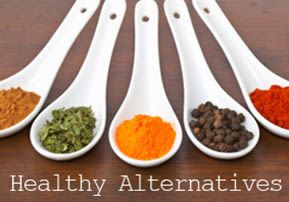
Healthy Alternatives
Today when sugar cookies, candies, chocolate-bars, and other refined sweets tempt us at every street-corner, turning to fruits as healthy alternatives is certainly recommended.

Rambam’s Laws on Nutrition and Health, Part 4
Vinegar
Rambam mentions the benefit of eating vinegar in the summer. During the hard gleaning work in the heat of the sun Boaz tells Ruth: “dip your pita in vinegar”. Both Rashi and Eben Ezra explain that vinegar helps alleviate heat. Vinegar is an important healing food in Chinese medicine. It enters the liver and stomach channels, stops bleeding, resolves toxins, and kills intestinal worms. It protects the body from food poising, promotes appetite and aids digestion. Various Chinese healers stir-fry vegetables in vinegar to increase their functions of moving the chi and quickening the blood.
Winter Foods
During the cold winter months, Rambam encourages us to eat hot spices and foods that are energetically warming, in order to increase circulation and warm our bodies. According to Chinese medicine, warm spices have anti microbial properties that protect us from colds and can actually treat them during the early stages of an illness. Spices that are in the warm-hot category also increase digestive enzymes by stimulating metabolic fire.
Asafoetida and Mustard
Mustard and asafoetida are warm spices that the Rambam recommends for the winter. Asafoetida an essential ingredient in Indian cooking is a standard substitute for garlic, imparting a pleasant onion/garlic flavor. It possesses numerous health benefits namely protecting and enhancing digestion, preventing and treating colds and flu and is of great value in coughs and asthma. It is called ‘hing’ in Indian markets and it is popularly used as a mixture called ‘hingashtak.’ Mustard is a valuable remedy for winter coughs, improves digestion, and increases blood circulation. Since it is very helpful for food stagnation, weak digestion and flatulence, it is of great value during holidays when large meals are eaten.
Fruits
Rambam is not very keen on fruit comprising a major part of our diet, as he asserts:
A person should always avoid fruits and not eat too many of them, even when dried, surely not fresh. However before they are completely ripe, they are like swords to the body. Likewise carobs are always bad. All sour fruits are bad and one should not eat except a little of them during the summer and in the warm countries. Figs, grapes and almonds are always the best fruits whether fresh or dried. A person can eat as much as he needs of them, but he shouldn’t eat them constantly, although they are healthier than all other fruits. (Rambam, Hilchot Deot, Chapter 4, Halacha 11)
This coincides with the principles of the macrobiotic diet, which advocates: “Fruits – the lesser the better, eat only when desired”. Macrobiotic recommend the pattern of eating as follows: Whole grains 50–60%, raw or pickled vegetables 25-30% with 10-15% high protein foods mainly from vegetarian sources, and the remainder 5% from soup. Fruits are only included as an occasional food, two or three times a week, while sour fruits, tropical or semitropical fruits and fruit juices are not recommended at all; instead fruits grown in the area you live during their natural ripening season are preferred.
Minimizing fruits is probably the least understood dietary principle of both the Rambam and the macrobiotic dietary recommendation, since fruits are widely considered to be very healthy. Fruits are rich in vitamins as well as having a cleansing effect on the body. However, according to the macrobiotic principles, fruits have a weakening effect. Most people today consider fruits healthy, because they eat plenty of meat and hardly eat any vegetables. People on a vegetarian macrobiotic diet get their main vitamins, minerals and fiber from vegetables and find that their craving for fruit naturally decreases.
In spite of this, I have to admit that I am still struggling to understand Rambam’s approach to eating fruits, as fruits are most nutritious and delicious replete with vitamins and enzymes. Yet, fruits do have very high sugar content and therefore, too much fruit may not be good for you. A diet with high fruit content may lead to problems with the hormones regulating blood sugar; insulin, and growth hormone. A chronic imbalance of these hormones may develop cardiovascular disease and diabetes.
It should be noted that although Rambam suggested that fruits should not be eaten in quantities, he does recommend certain fruits such as figs, grapes and almonds; in addition he does suggest noshing on raisins and olives, and eating melon on an empty stomach. Rabbi Zulberg notes that in Rambam’s time before the invention of refrigerators, and proficient means of transport, fresh fruits were prone to spoil and this is why Rambam recommends limiting their consumption.
We have to keep in mind that during Rambam’s time, there were no refined sugar and junk-foods. Sweets and special treats consisted mainly of fruits in various forms. Therefore, Rambam had to warn us not to go overboard in ingesting sweets, but reserve them for special occasions. Today when sugar cookies, wafers, candies, chocolate-bars, and other refined sweets tempt us at every street-corner, turning to fruits fresh or dried as a healthy alternative is certainly recommended.
To be continued.
***
Rebbetzen Chana Bracha Siegelbaum is Director of Midreshet B’erot Bat Ayin in Gush Etzion






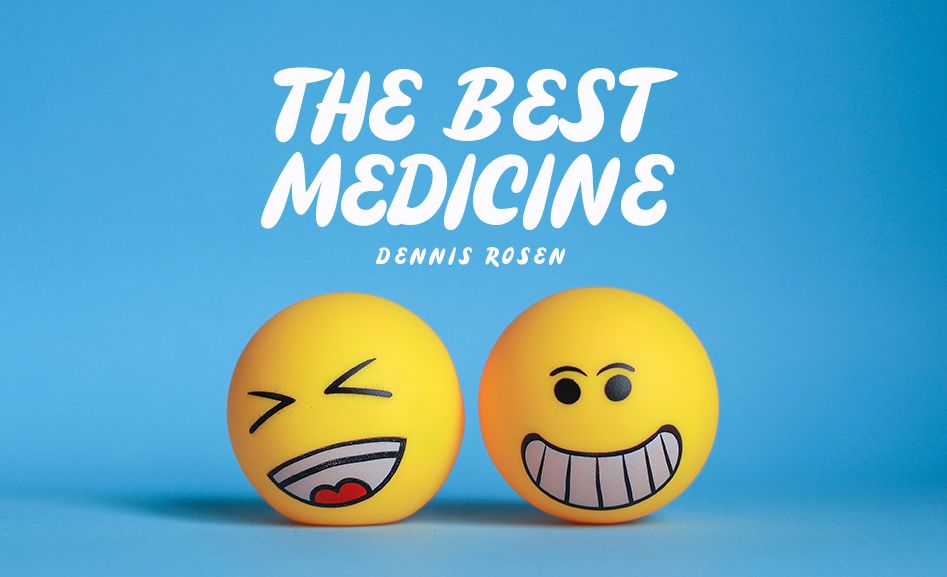
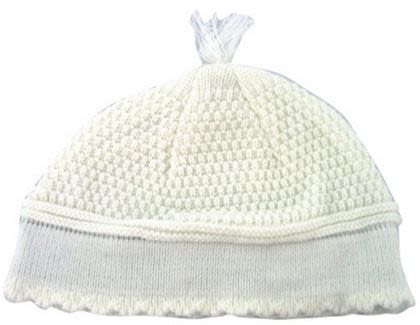
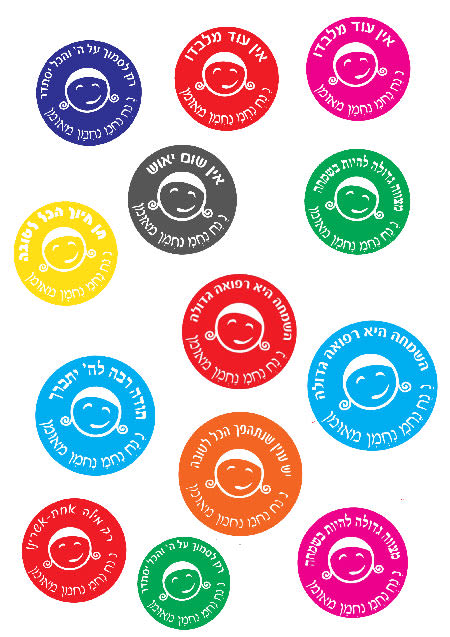
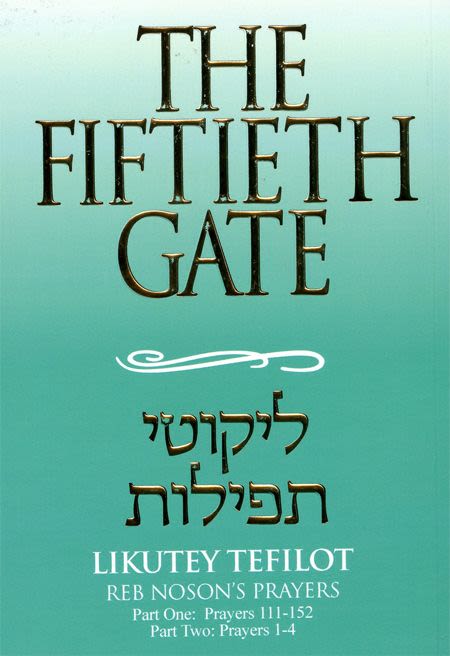

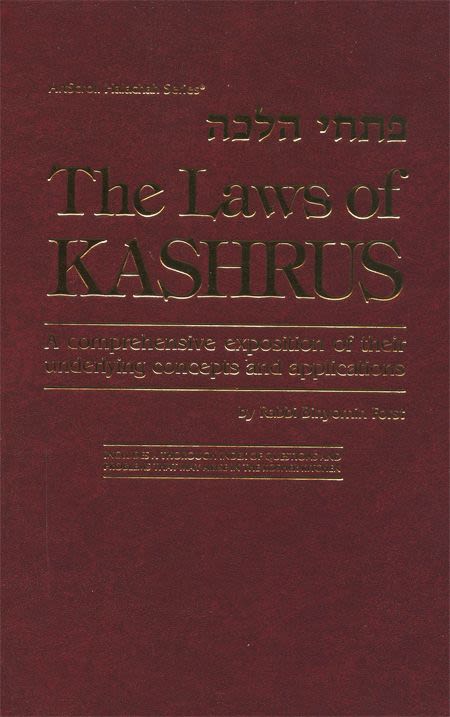
5/25/2009
question for the author This series was really enlightening. I’d really like to start eating the Jewish way, according to the Rambam. Where can I find more specific info on portion sizes, which foods/spices are energetically cold/hot, etc.?
5/25/2009
This series was really enlightening. I’d really like to start eating the Jewish way, according to the Rambam. Where can I find more specific info on portion sizes, which foods/spices are energetically cold/hot, etc.?